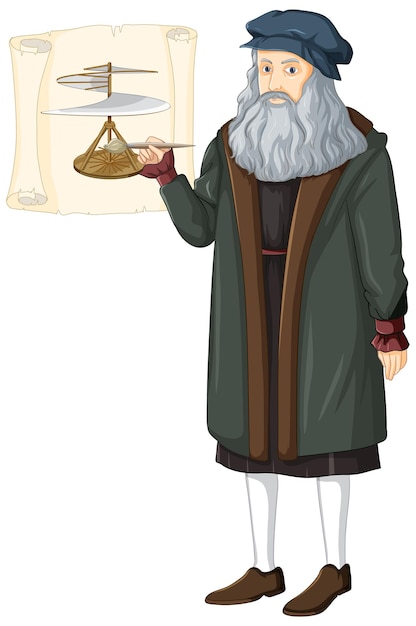

Isaac Newton discovered the universal law of gravitation.
Newton’s three laws of motion are still used to calculate the movement of objects today.
Newton invented the reflecting telescope, which revolutionized astronomy.
Newton was a proficient mathematician and made significant contributions to calculus.
Newton was born prematurely and was so tiny that he fit in a quart-sized cup.
Newton once inserted a needle behind his eye to see what would happen.
Newton had a nervous breakdown and withdrew from society for several years.
Newton had a rivalry with fellow scientist Robert Hooke and they often exchanged harsh letters.
Newton was a dedicated alchemist and spent significant time studying the process of turning base metals into gold.
Newton was a member of the Royal Society, one of the most prestigious scientific organizations of his time.
Newton was a deeply religious man and wrote extensively on theology and biblical interpretation.
Newton was given various titles and honors, such as being knighted by Queen Anne in 1705.
Newton had a secret laboratory in his childhood attic, where he conducted various experiments.
Newton developed a theory of color and demonstrated how white light can be separated into different colors using a prism.
Newton’s apple tree, which is said to have inspired his ideas on gravity, can still be visited at his birthplace.
Newton initially pursued a career in farming before realizing his passion for scientific inquiry.
Newton left behind thousands of pages of notes and manuscripts, many of which were only discovered after his death.
Newton suffered from depression and was known to have extreme mood swings.
Newton worked as a professor at the University of Cambridge, where he held the prestigious Lucasian Chair of Mathematics.
Newton calculated the speed of sound and made significant advancements in the field of acoustics.
Newton spent a considerable amount of time researching and writing about the nature of light and optics.
Newton theorized that the world would end in the year 2060, based on his interpretations of biblical prophecies.
Newton had a pet dog named Diamond, who often accompanied him during his walks.
Newton’s work on mechanics laid the foundation for modern engineering and contributed to the Industrial Revolution.
Newton was often described as a recluse and preferred solitude for his scientific studies.
Newton invented the cat door, allowing his pet cat to access rooms without interruptions.
Newton was known to be fiercely competitive and would often withhold his discoveries to gain an advantage over other scientists.
Newton had an intense interest in astrology and spent significant time studying horoscopes.
Newton performed experiments on himself, including inserting a needle through his arm to observe the effects of pain.
Newton’s groundbreaking book Mathematical Principles of Natural Philosophy is considered one of the most important scientific works ever published.
Newton’s laws of motion revolutionized the field of engineering and enabled the development of modern transportation systems.
Newton was knighted by Queen Anne in recognition of his contributions to science and mathematics.
Newton’s theories on planetary motion laid the foundation for the discovery of other celestial bodies.
Newton’s work on optics led to the development of lenses and improved vision correction techniques.
Newton’s laws of motion are still taught in schools worldwide and form the basis of classical mechanics.
Newton’s interest in alchemy influenced his study of chemistry and the properties of various substances.
Newton had a fascination with hidden codes and secret messages and spent years decoding ancient manuscripts.
Newton’s apple tree at Woolsthorpe Manor is considered a national scientific heritage.
Newton invented a new alloy designed to be used in ships, which was supposed to make them invincible in battle.
Newton worked extensively on the study of sound and resonance, paving the way for advancements in music and audio technology.
Newton’s mathematical calculations allowed for the accurate prediction of eclipses and other astronomical events.
Newton often suffered from insomnia and would work through the night on his scientific experiments and calculations.
Newton’s theories of motion were instrumental in the development of modern aeronautics and space exploration.
Newton’s discoveries greatly influenced the Age of Enlightenment and the scientific revolution.
Newton’s impact on the world of science and mathematics is immeasurable, and his contributions continue to shape our understanding of the universe.
Around the world, coffee enthusiasts enjoy Monin coffee concentrate since it is a multipurpose product. Conveniently combining…
The Importance of Choosing the Right Shower for Your Bathroom Renovating your bathroom can be…
Usain Bolt holds the record for the fastest 100-meter sprint in history.Bolt was named Sportsman…
Love is in the air... and it smells suspiciously like chocolate!Roses are red, violets are…
Life's a beach, take a picture and relax.Sun, sand, and salty kisses. That's what beach…
Hungary is home to the largest thermal water cave system in the world.The Rubik's Cube…